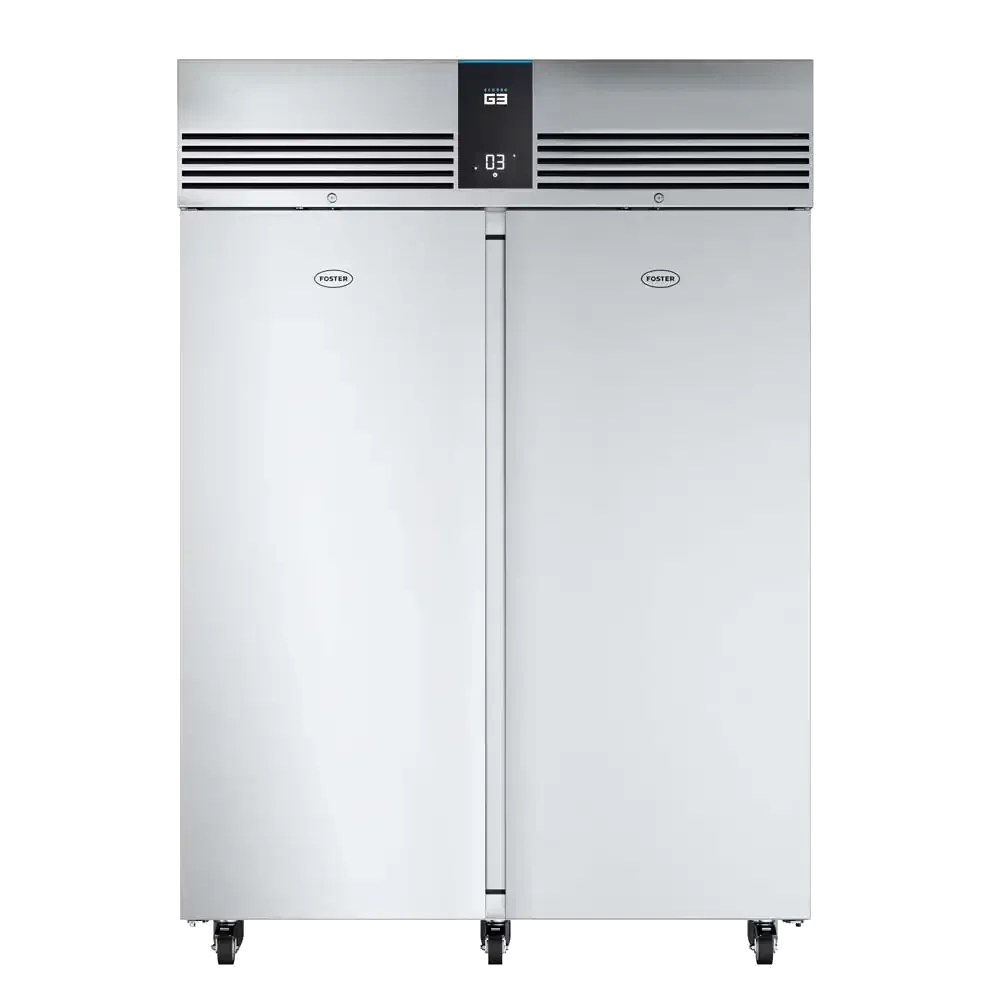In today’s world, sustainability is not just a buzzword; it’s a necessity, especially in the food service industry. With the growing awareness of environmental issues, businesses are increasingly seeking ways to reduce their ecological footprint while still meeting the demands of their customers. Commercial freezers, including upright models, play a significant role in this endeavour. Let’s look into the environmental impact of commercial freezers and explore strategies for reducing energy consumption, minimising food waste, and adopting sustainable practices in food service operations.
Environmental Impact of Commercial Freezers: Commercial freezers, while essential for preserving food safety and quality, can have a considerable environmental impact. The energy consumption required to operate these appliances, along with the potential for food waste, contributes to greenhouse gas emissions and resource depletion. Additionally, the refrigerants used in some older freezer models can have a harmful effect on the ozone layer and contribute to global warming.
Strategies for Reducing Energy Consumption: One of the most effective ways to mitigate the environmental impact of commercial freezers is to reduce energy consumption. Modern commercial freezers, particularly those equipped with energy-efficient features such as LED lighting and advanced insulation, consume significantly less energy than older models. Additionally, implementing smart temperature control systems and regular maintenance practices can further optimise energy efficiency and reduce operating costs.
Minimising Food Waste: Food waste is a significant issue in the food service industry, with vast quantities of edible food ending up in landfills yearly. Commercial freezers offer a solution to this problem by extending the shelf life of perishable foods. The Long Life Fresh Food (LLFF) process that Regethermic offers helps minimise food waste and maximise the utilisation of resources with the implementation of ESL (Extended Shelf Life). The LLFF process can be completed with the use of a blast chiller or blast freezer before being placed in a commercial freezer or refrigerator. The whole LLFF process is great for mass-scale food production, reducing food waste, improving food quality, increasing productivity and improving HACCP requirements. It includes cooking, chilling and blast-freezing food without damaging, but preserving the taste and texture. Keeping food fresh.
Adopting Sustainable Practices: In addition to reducing energy consumption and minimising food waste, adopting sustainable practices in food service operations can further enhance environmental responsibility. This includes sourcing ingredients locally and seasonally to reduce transportation emissions, implementing recycling and composting programs to divert waste from landfills, and investing in renewable energy sources to power operations.
Commercial freezers are crucial in ensuring food safety and quality in the food service industry. However, their environmental impact cannot be overlooked. By implementing strategies to reduce energy consumption, minimise food waste, and adopt sustainable practices, businesses can mitigate the ecological footprint of their operations. By embracing sustainability, businesses can not only reduce their environmental impact but also position themselves as leaders in a more sustainable future.
Contact Regethermic today to talk to an expert about the commercial food processing equipment solution that’s right for your business.

